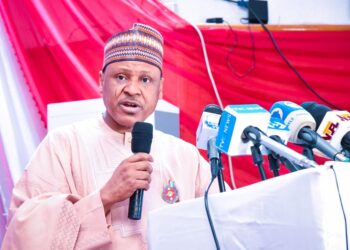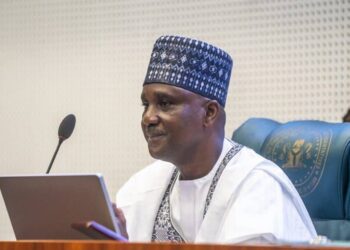Minister of Information, Culture and Tourism, Lai Mohammed, has blamed the backwardness of African development on the lack of adequate documentation of its heritage, charging stakeholders on implementation 2015 United Nations Education, Scientific and Cultural Organisation (UNESCO) recommendations.
Mohammed stated this yesterday in Abuja at the international consultation workshop on the 2015 UNESCO recommendation on safeguarding the memory of the world programme.
Represented by the ministry’s Permanent Secretary, Mrs.
Grace Ochekpe, he said the platform created by UNESCO would aid brainstorming on how to document heritage for sustainable development, just as he stressed the need for collaboration with relevant stakeholders.
“As you all aware lack of adequate documentation is part of the setbacks of African cultural development and this infiltrates other sectors and fabric of our society. “I therefore consider this conference timely as a platform for experts cultural and educational research institutes government authorities and all stakeholders to carefully deliberate on the way forward on the implementation of the 2015 UNESCO recommendations,” he said.
Earlier, UNESCO Regional Director, Yao Ydo, charged member states to create more awareness on the 2015 recommendations as it concerned preservation of documentary heritage.
Ydo stressed the need to priorities the past heritage as it gives better understanding of the present and brighter view of the future.
He said preserving documentary heritage entails protecting memory institutions, noting that so many documentary heritage holdings are at risk of crumbling and fading away as a result of natural disaster and technical obsolescence.
He, therefore, urged stakeholders to leverage new technology by equipping memory institutions with technical capacities to withstand the vagaries of nature and dangers facing documentary.
“UNESCO member states are encouraged to develop awareness-raising and capacitybuilding measures and policies as a key component of preservation, including promoting research as well as training for documentary heritage professionals and providing facilities for such.
“It is by recognizing our identities in the past that we can better understand who we are in the present and subsequently better prepare for the future,” he said
Blueprint gives you the latest Nigerian news in one place. Read the news behind the news on burning National issues, Kannywood, Videos and the Military



